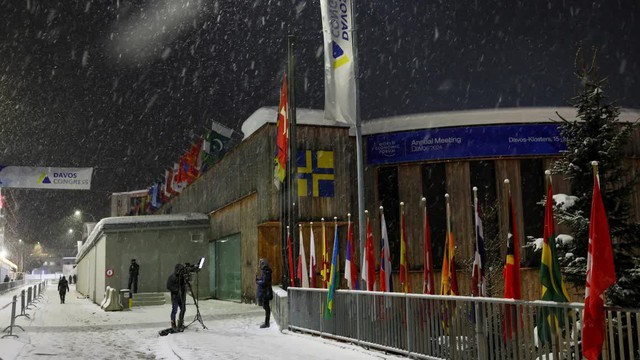 |
| Outside the venue of WEF Davos 2024 in Switzerland. (Source: CNN) |
At the event held on the sidelines of the World Economic Forum Annual Meeting (WEF Davos 2024) in Davos (Switzerland), Ms. Georgieva informed that the global economy has shown strong resilience, surpassing initial assessments in 2023.
However, she acknowledged the possibility of certain challenges in the transition from 2023 to 2024.
“The global economy has shown remarkable resilience, with 2023 beating expectations to some extent. However, ongoing geopolitical tensions could pose risks, leading to upward price pressures and supply chain challenges in 2024,” said Ms. Georgieva.
Regarding the economic situation in China, the IMF Managing Director called on Beijing to persistently support state-owned enterprises, address debt concerns and enforce regulations in the real estate sector.
These measures are crucial to prevent the economy from falling into a state of stagnant growth, she said.
Regarding the US economy, Ms. Georgieva mentioned a “soft landing”, coinciding with the expected timing of a cut in the federal funds rate.
Sharing the same view, Ms. Gita Gopinath, Managing Director of the IMF, said that the possibility of a "soft landing" has increased significantly, suggesting that the market should not expect a quick interest rate cut.
“Since the IMF’s October forecast (last year), the economic landscape has changed. While there is potential for a reduction in inflation without triggering a recession in major economies, the security situation in the Middle East poses the threat of price pressures and new challenges in global supply chains,” said Gita Gopinath.
* Also on the occasion of WEF Davos 2024, on January 17, Chairman of the Palestine Investment Fund Mohammed Mustafa informed that at least 15 billion USD is needed to rebuild the housing system in the Gaza Strip.
Citing international reports, Mr. Mohammed Mustafa announced that 350,000 houses have been completely or partially damaged in the Gaza Strip.
“If you assume 150,000 of these homes will need to be rebuilt at an average cost of $100,000 per unit, that’s $15 billion in rebuilding,” he said. “And we’re not even counting other infrastructure, or hospitals, or power grids…”
According to Mr. Mustafa, the Palestinian government will focus on short-term humanitarian relief activities, such as providing food and drinking water to the people.
“If the war continues in Gaza, more people will die from starvation than from bombs,” he stressed. “So the first steps are to bring food, medicine, water and electricity to the besieged areas. The reconstruction effort will be huge and the financial needs will be huge. Money cannot solve the problem in Gaza and we need a political solution.”
Source










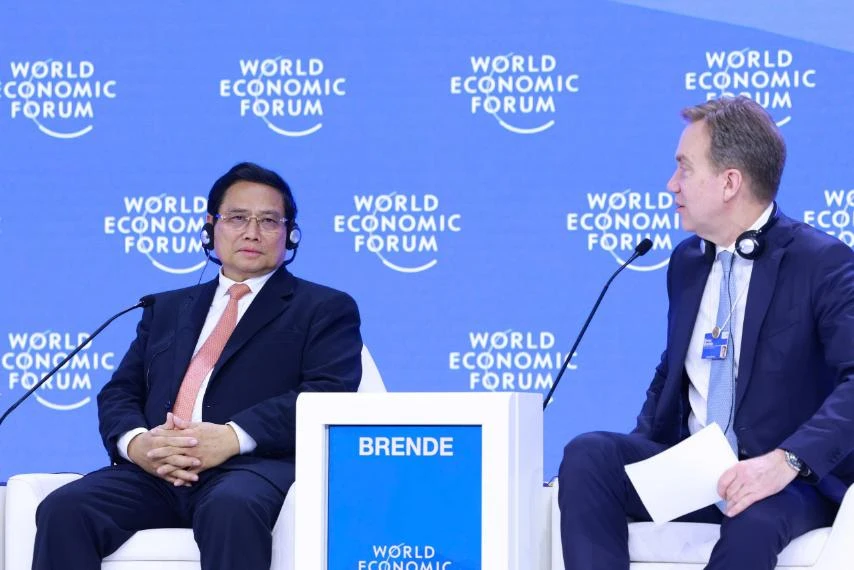

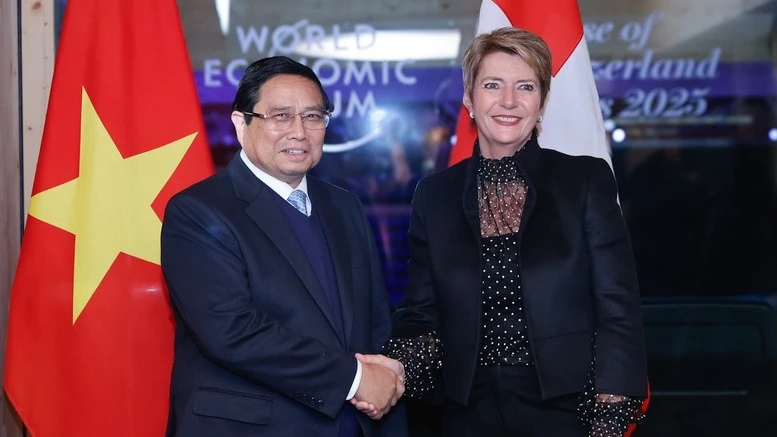
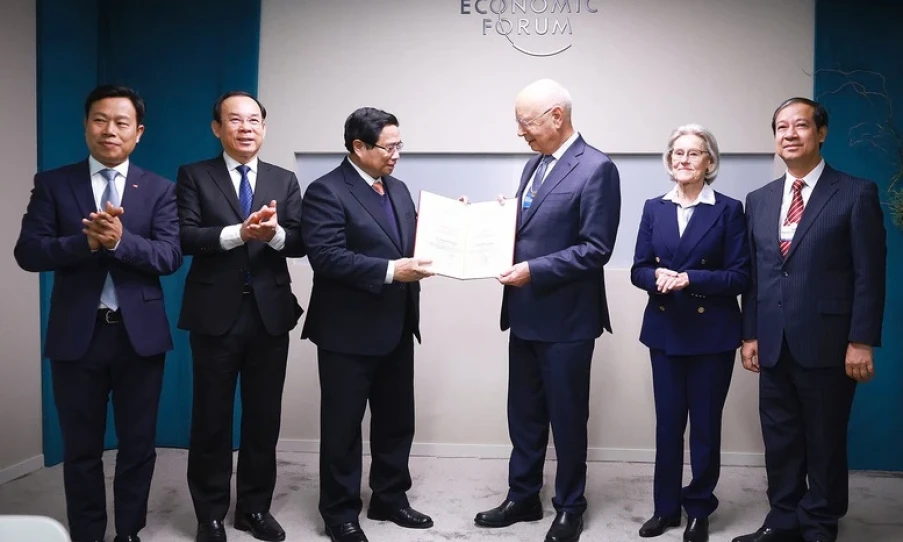

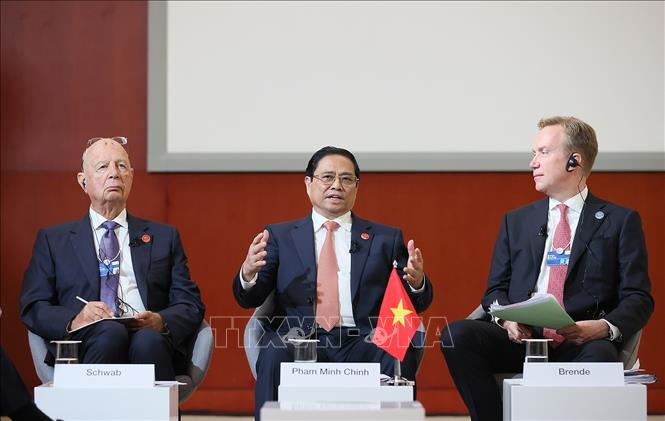















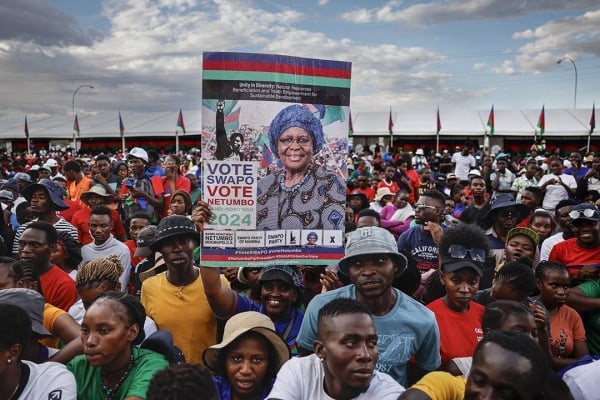

























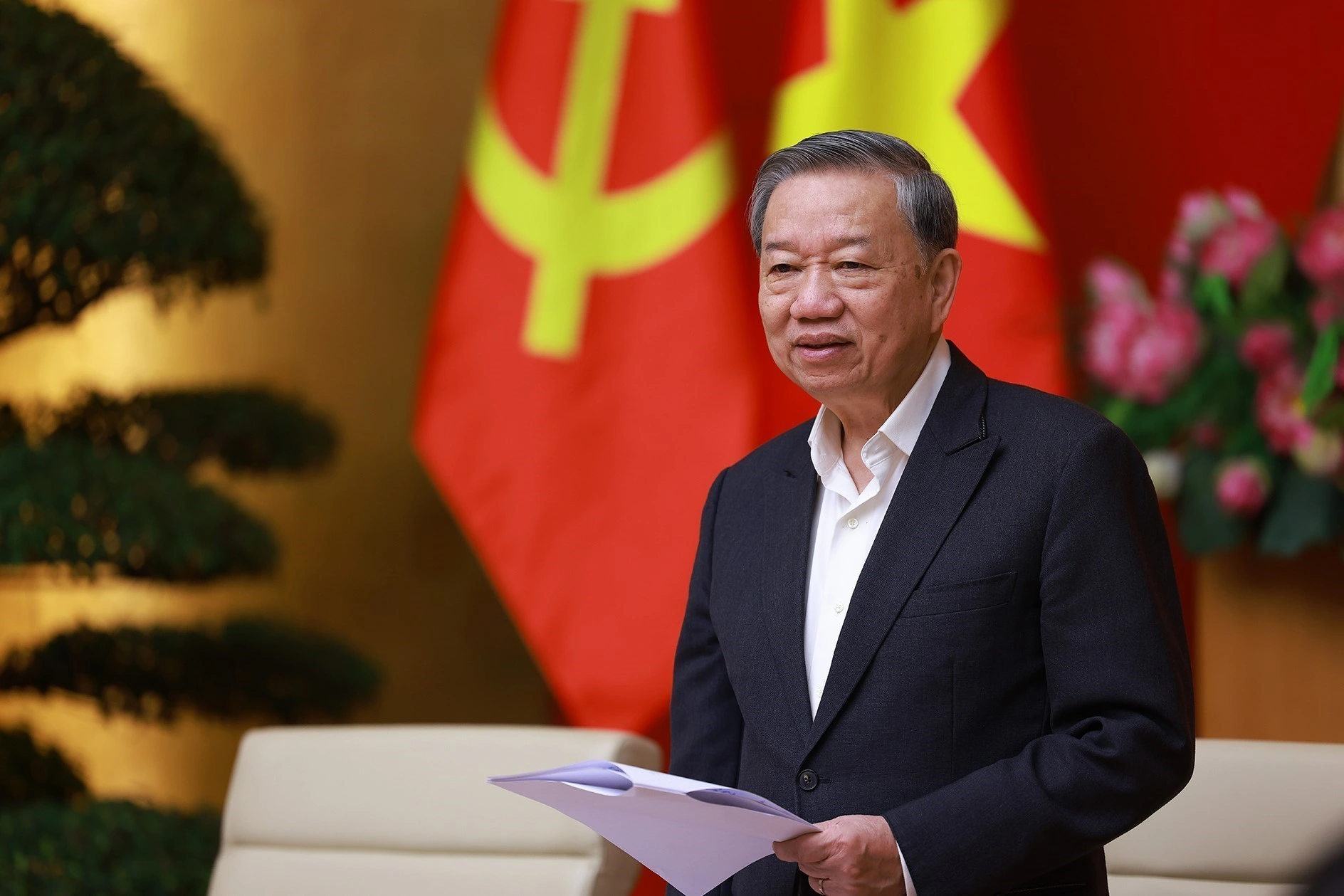


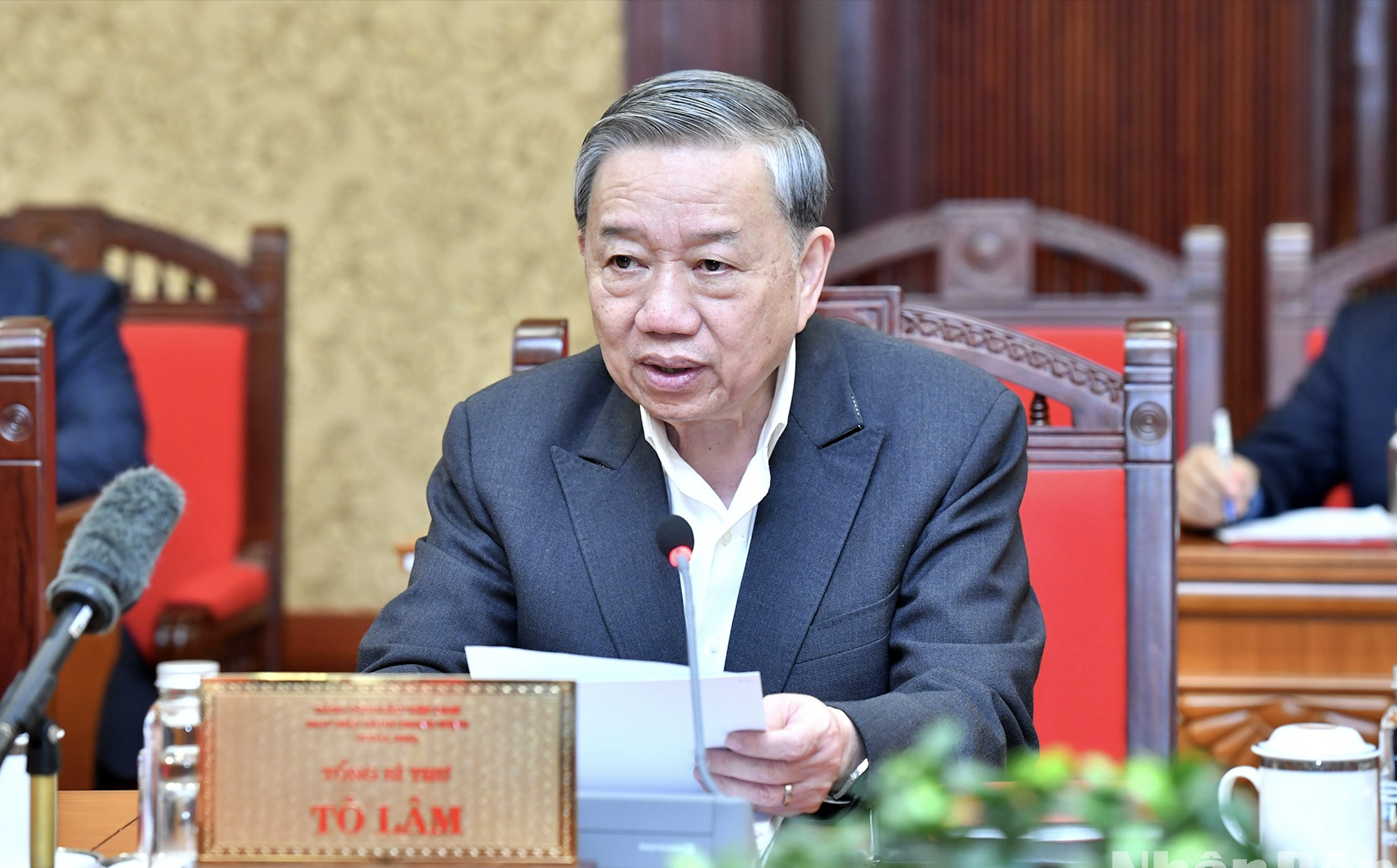

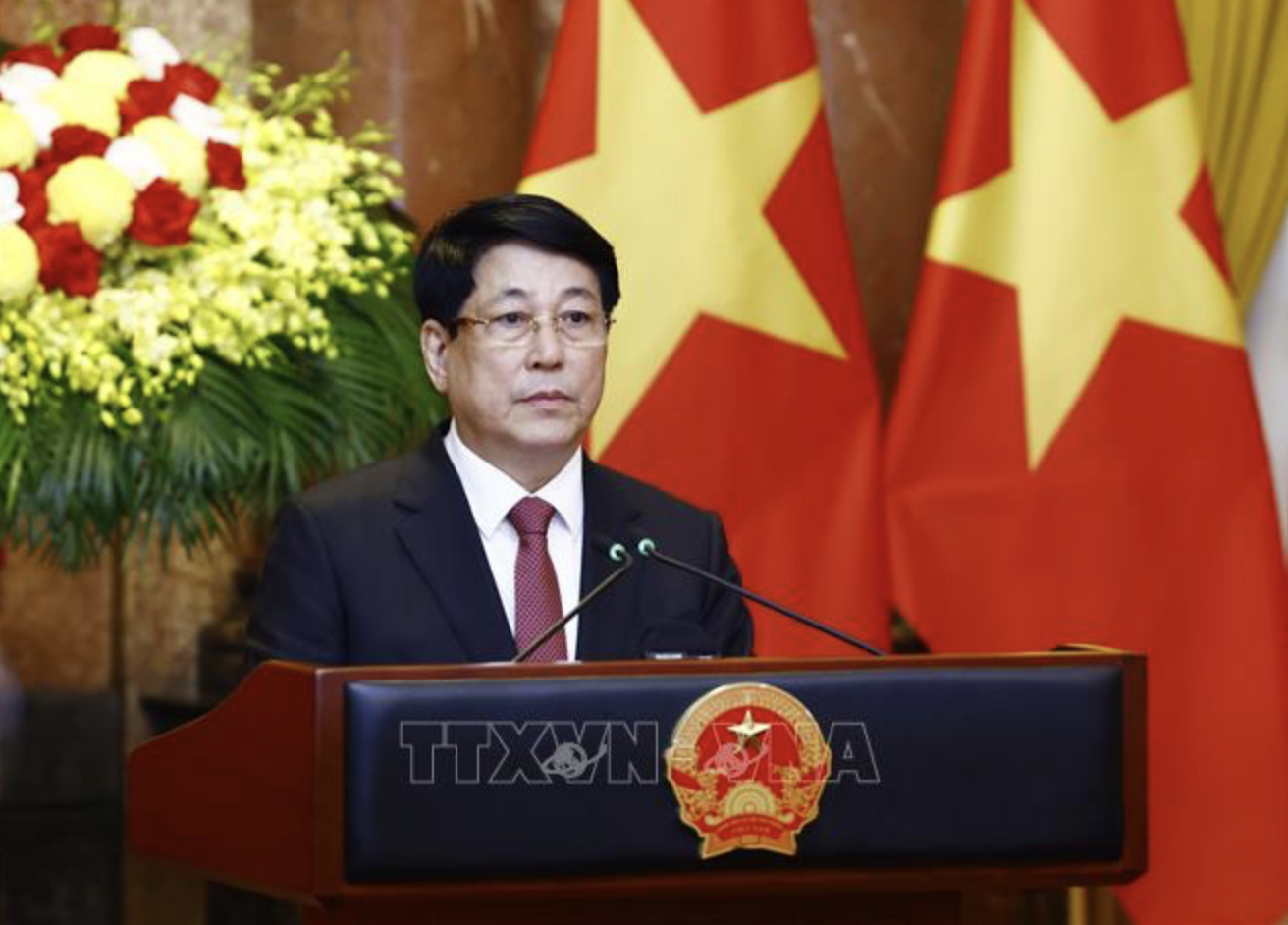








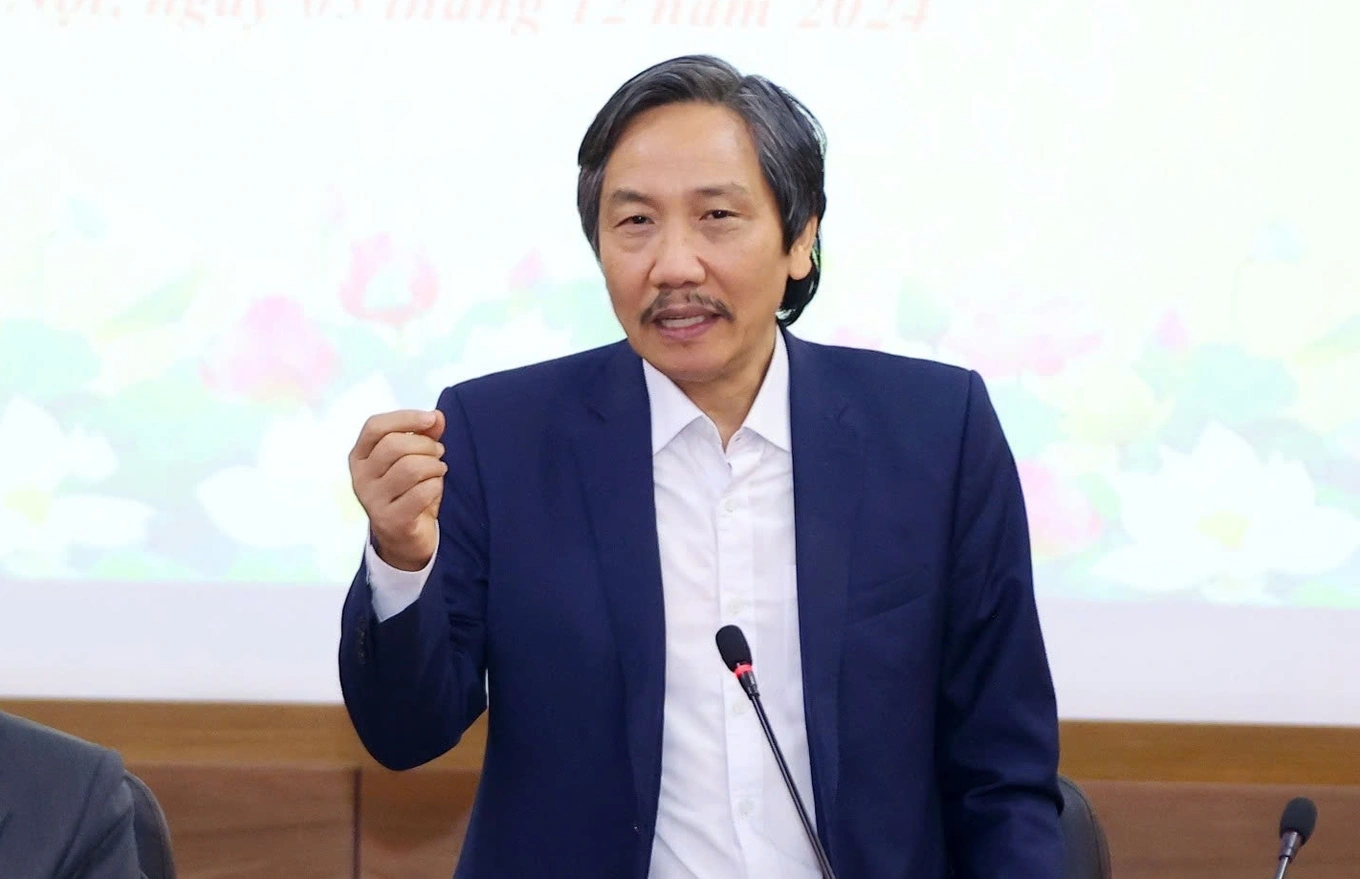











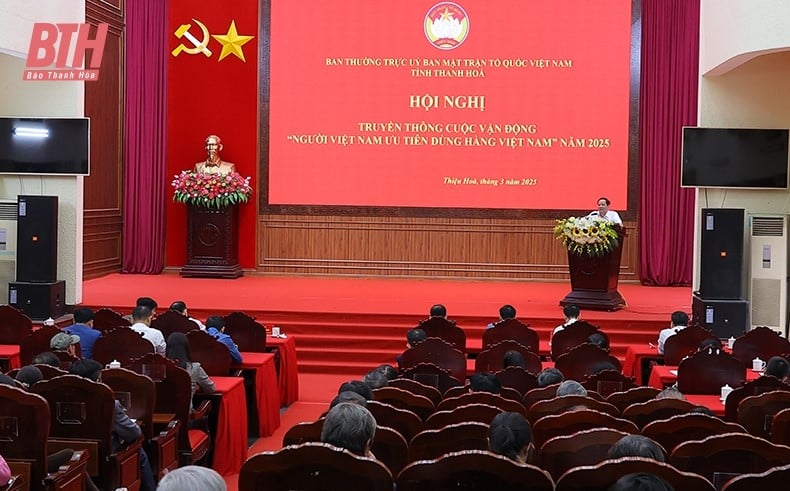





Comment (0)